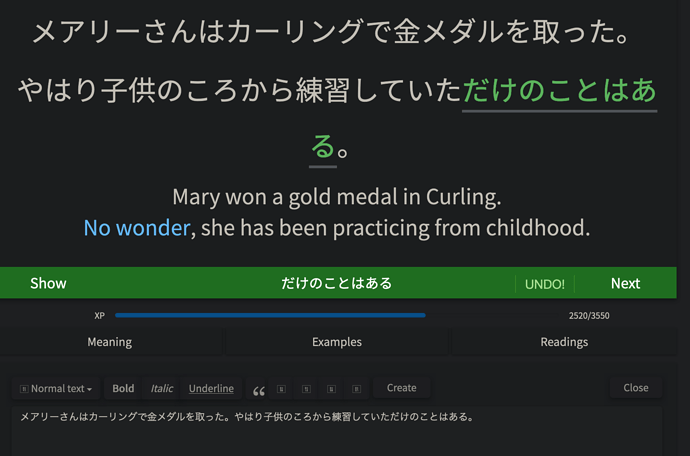Hey and welcome on the community forums again! 
I haven’t seen your avatar for a very long time, glad to see it again 
The verb can be used in another tense, but it should be in the short form.
Verb itself can take all tenses, negative forms, progressive form (ている), etc.
However, since verb already contains information about the tense, negative, you don’t have to (and must not) change のです(のだ)at all. Also, If you want to make phrase polite, you simply change だ to です and it will be enough.
To sum up:
verb(short form) + ん/の + だ/です
So, let’s see some examples:
If you want to say “(someone) went to school, right?”
学校に行きましたのですね。- wrong (verb should be in short form)
学校に行くのでしたね。- wrong (verb should be in past tense, のだ shouldn’t be inflected)
学校に行ったのですね。- good (polite)
学校に行ったのだね。- good
If you want to say “Someone (went to school and) is at school, right?” or “(Someone) is going to school (right now), right?” (depends on context)
学校に行っていますのですね。- wrong (verb should be in short form)
学校に行っているのですね。- good (polite)
学校に行っているのだね。- good
If you want to say “(someone) didn’t go to school, right?”
学校に行きませんでしたのですね。 - wrong (verb should be in short form)
学校に行くのじゃなかったですね。- wrong (verb should be in negative past, のだ shouldn’t be inflected)
学校に行かなかったのですね - good (polite)
学校に行かなかったのだね - good
If you want to say “(someone) does not go to school, right?” or “(someone) will not go to school, right?”
学校に行くのじゃないですね。 - wrong (verb should be in negative form, のだ shouldn’t be inflected)
学校に行かないのだね。 - good
学校に行かないのですね。 - good (polite)
So only:
合計五百漢字を習ったのです。
is correct.
I hope it helps (and I haven’t overcomplicated explanation), if clarification is needed just ask!
Cheers 





 Cheers!
Cheers!
